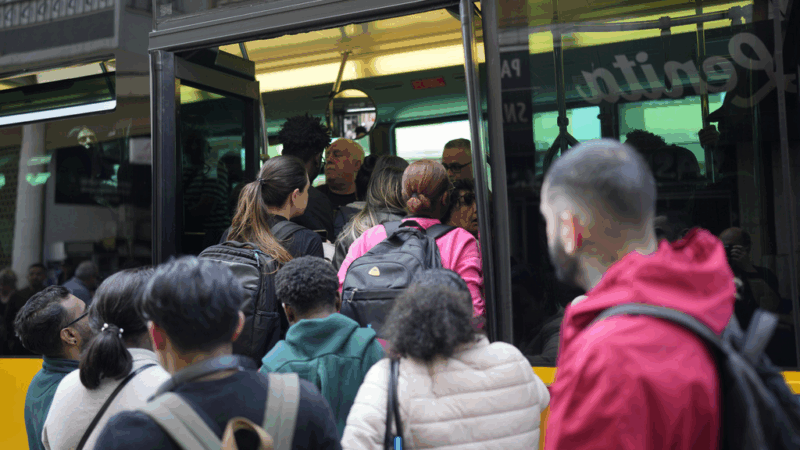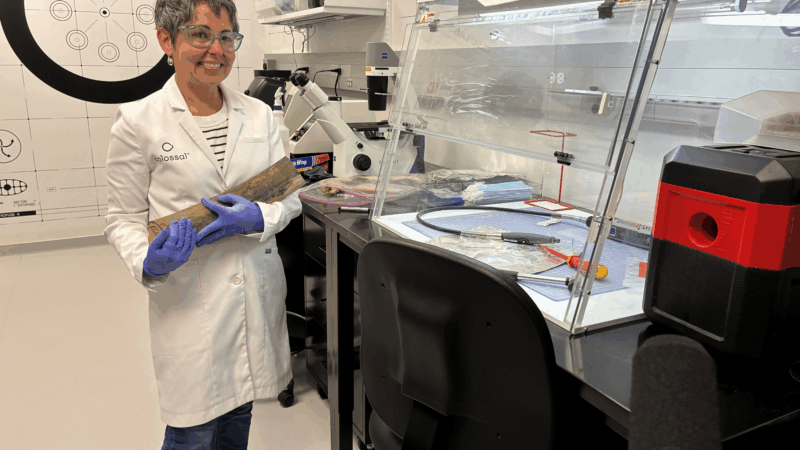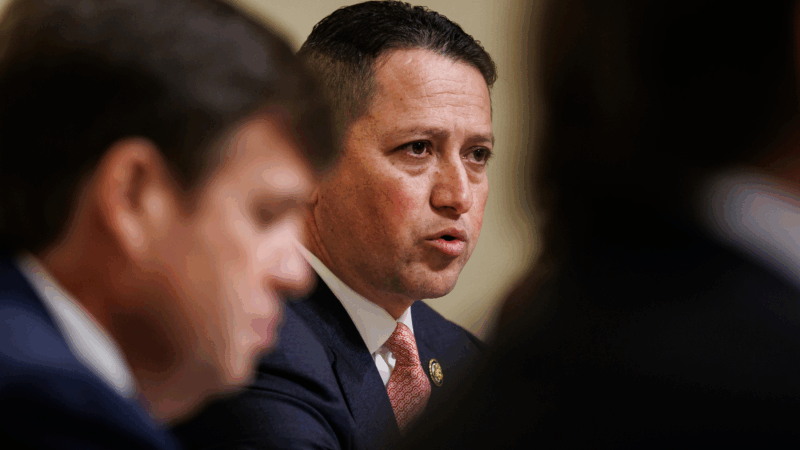A major power outage is reported in Spain and Portugal, disabling their capitals
BARCELONA, Spain — A major power outage hit Spain and Portugal on Monday, including their capitals, knocking out subway networks, phone lines, traffic lights and ATM machines.
It is rare to have such a widespread outage there. Spanish generator Red Eléctrica said it affected the Iberian peninsula and the incident is being assessed.
The countries have a combined population of over 50 million people. It was not immediately clear how many were affected.
Spain’s public broadcaster RTVE said a major power outage hit several regions of the country just after midday local time, leaving its newsroom, Spain’s parliament in Madrid and subway stations across the country in the dark.
A graph on Spain’s electricity network website showing demand across the country indicated a steep drop around 12:15 p.m. from 27,500MW to near 15,000MW.
A couple of hours later, Spain’s electricity network operator said it was recovering power in the north and south of the peninsula, which would help to progressively restore the electricity supply nationwide.
In Portugal, a country of some 10.6 million people, the outage hit the capital, Lisbon, and surrounding areas, as well as northern and southern parts of the country.
Portugal’s government said the incident appeared to stem from problems outside the country, an official told national news agency Lusa.
“It looks like it was a problem with the distribution network, apparently in Spain. It’s still being ascertained,” Cabinet Minister Leitão Amaro was quoted as saying.
Portuguese distributor E-Redes said the outage was due to “a problem with the European electricity system,” according to Portuguese newspaper Expresso. The company said it was compelled to cut power in specific areas to stabilize the network, according to Expresso.
E-Redes said parts of France also were affected.
Several Lisbon subway cars were evacuated, reports said. Also in Portugal, courts stopped work and ATMs and electronic payment systems were affected. Traffic lights in Lisbon stopped working.
It was not possible to make calls on mobile phone networks, though some apps were working.
As Mississippi waits to spend opioid settlement funds, children and families suffer
Mississippi will receive more than $400M to fight the opioid epidemic. So far, officials haven't directed it toward programs that support addiction recovery.
Alabama’s new state climatologist takes the reins
The controversial John Christy is retiring as Alabama’s state climatologist. Lee Ellenburg now assumes the role and is already making a few changes, including declaring that climate change is real and caused by humans.
Colossal Biosciences breeds controversy while trying to revive mammoths
A Texas biotech company is trying to bring mammoths and other extinct creatures back to life. The science is as intriguing as the ethical questions are thorny.
Mundane, magic, maybe both — a new book explores ‘The Writer’s Room’
Why are we captivated by the spaces where where authors write? Katie da Cunha Lewin set out to explore "The Hidden Worlds That Shape the Books We Love."
GOP Rep. Tony Gonzales heads to a runoff in Texas amid a new ethics probe in the House
Texas Republican Rep. Tony Gonzales has faced increasing pressure from his party to resign or drop out of his race after allegations of an affair with a staffer.
Satellite images show Iran school strike hit more targets than earlier reported
The images suggest that precision munitions struck other buildings, including a clinic that was also inside the complex.






